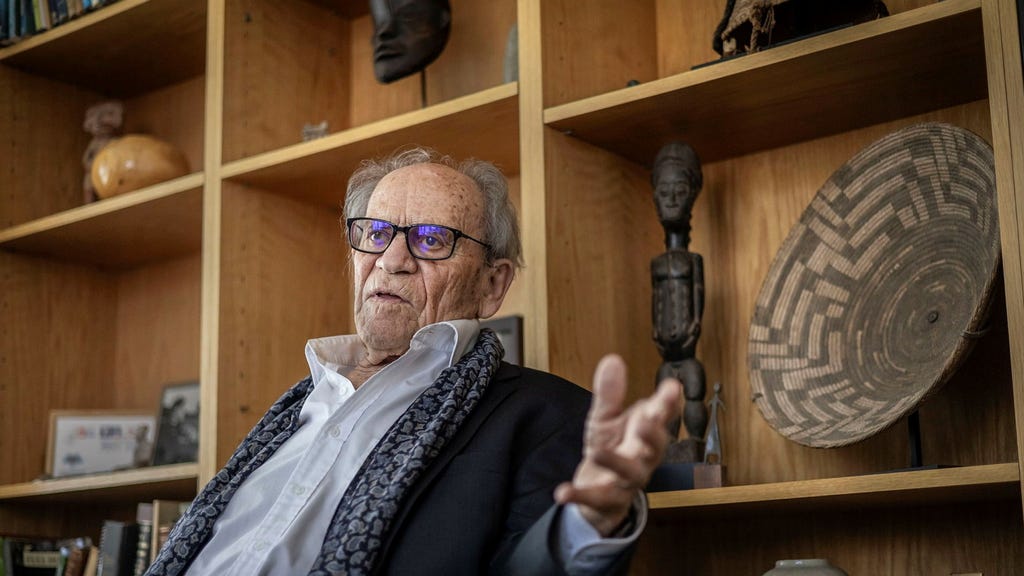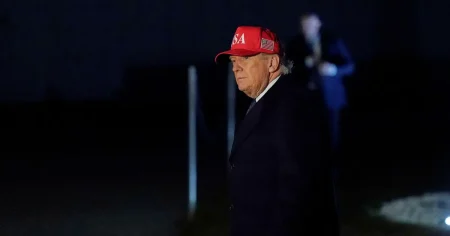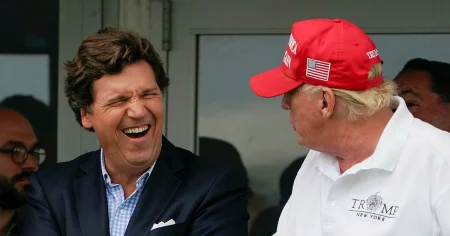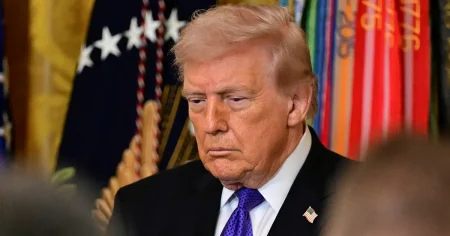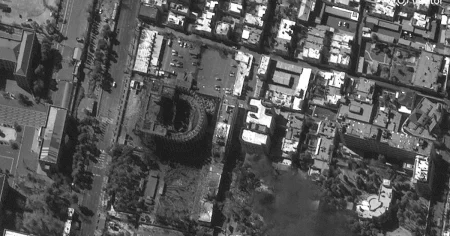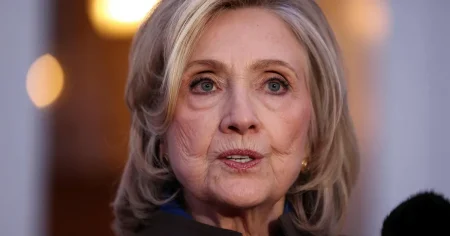The prospective nomination of Robert F. Kennedy Jr. to the position of Secretary of Health and Human Services by Donald Trump has ignited a firestorm of controversy within the United States, primarily due to Kennedy Jr.’s well-documented history of promoting conspiracy theories and disseminating misinformation, particularly regarding vaccines and their purported link to autism. This skepticism extends to established scientific and regulatory bodies such as the Food and Drug Administration (FDA), the Centers for Disease Control and Prevention (CDC), and the National Institutes of Health (NIH), institutions he would oversee if confirmed as Secretary. This unprecedented situation has raised serious concerns about the potential ramifications of his leadership on public health policy and the integrity of scientific research.
The gravity of the situation is underscored by the unprecedented intervention of 77 Nobel laureates, including the centenarian Swedish Nobel laureate Torsten Wiesel, recipient of the 1981 Nobel Prize in Physiology or Medicine, and the 2024 laureates Victor Ambrose and Gary Ruvkin. This distinguished group, representing a wide range of scientific disciplines including physics, chemistry, economics, and medicine, has penned a letter to US senators urging them to reject Kennedy Jr.’s nomination. Their collective concern stems from Kennedy Jr.’s demonstrable lack of qualifications and relevant experience in medicine, science, public health, and administration, coupled with his open hostility towards the very agencies he would be tasked to lead. They argue that confirming such a nominee would jeopardize public health and undermine the credibility of crucial scientific institutions.
The Nobel laureates’ letter, obtained by the New York Times, emphasizes the importance of appointing a leader who will nurture and strengthen these respected institutions and their dedicated personnel, rather than posing a threat to their vital work. The letter articulates the principle that the Department of Health and Human Services should be guided by evidence-based science and a commitment to public health, not by unfounded conspiracy theories and personal biases. They warn that Kennedy Jr.’s leadership could erode public trust in these institutions, hinder their ability to effectively address public health crises, and ultimately endanger the well-being of the American population.
Richard Roberts, a 1993 Nobel laureate in Physiology or Medicine and one of the authors of the letter, explained to the New York Times the unusual nature of their intervention. Nobel laureates typically strive to remain apolitical, but the potential appointment of Kennedy Jr., with his avowed antagonism towards scientific research and the agencies he would oversee, presented a threat they felt compelled to address. Roberts highlighted the damaging impact of political attacks on science, emphasizing the necessity to defend its integrity and the crucial role it plays in informing public policy and safeguarding public health. The laureates’ collective action reflects their deep concern that Kennedy Jr.’s leadership would represent a dangerous departure from evidence-based decision-making and prioritize ideology over scientific consensus.
Kennedy Jr.’s views on vaccination, in particular, have drawn widespread condemnation from the scientific and medical communities. His persistent propagation of the debunked link between vaccines and autism, despite overwhelming scientific evidence to the contrary, has been criticized for fueling vaccine hesitancy and contributing to preventable outbreaks of infectious diseases. His skepticism of established scientific institutions and his embrace of alternative medicine practices further raise concerns about his suitability for a position that demands a commitment to evidence-based decision-making and scientific integrity.
This controversy surrounding Kennedy Jr.’s potential nomination highlights a broader tension between scientific expertise and political ideology in the public sphere. The Nobel laureates’ intervention serves as a powerful reminder of the importance of safeguarding scientific integrity and ensuring that public health decisions are grounded in evidence-based research, not misinformation or political agendas. The future of public health policy and the credibility of scientific institutions hang in the balance, making the Senate’s decision on Kennedy Jr.’s nomination a pivotal moment with potentially far-reaching consequences. The appointment, if confirmed, would not only legitimize anti-science viewpoints within the highest levels of government but also create a chilling effect on scientific research and the crucial role it plays in informing public health policy.





